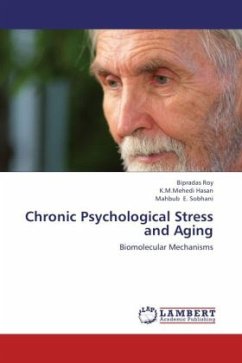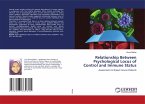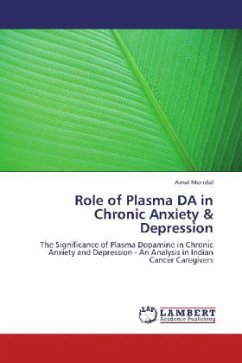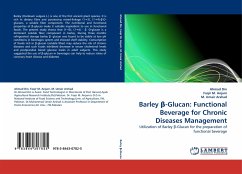Psychological stress has extreme adverse consequences on health. However, the molecular mechanisms that mediate and accelerate the process of aging due to stress hormone are not well defined. This review has focused on diverse molecular paths that come out in response to chronic psychological stress via releasing of excessive glucocorticoids (GCs), involved in the aging process. GCs suppress transcription of nuclear cell adhesion molecules which impair synaptic plasticity, memory formation, and cognitive ability. Again, GCs promote muscle atrophy by means of motivating ubiquitin proteasome system and can repress muscle protein synthesis by inhibition of PI3-kinase/Akt pathway. GCs also inhibit interleukin-2 synthesis through suppressing T cell receptor signal that leads to loss of T cell activation, proliferation, and B-cell activation. Moreover, GCs increase the expression of collagenase-3, RANK ligand, and colony stimulating factor-1 that induce bone resorption. In general, stress-induced GCs can play causal role for aging and age-related disorders.
Bitte wählen Sie Ihr Anliegen aus.
Rechnungen
Retourenschein anfordern
Bestellstatus
Storno








